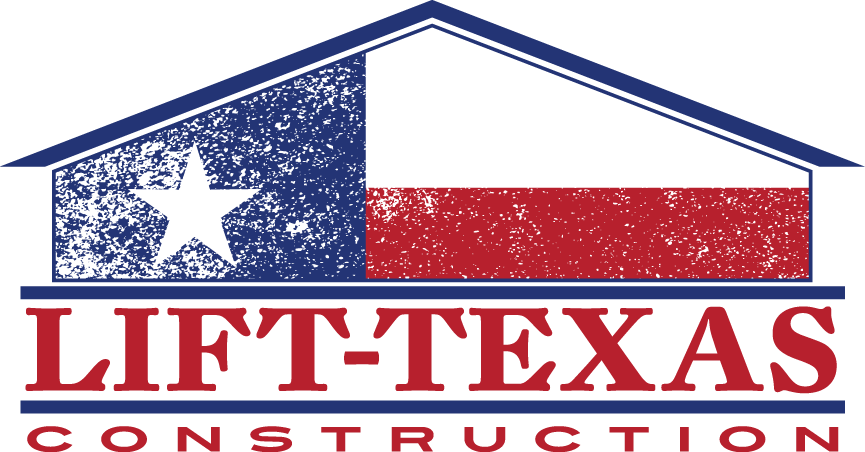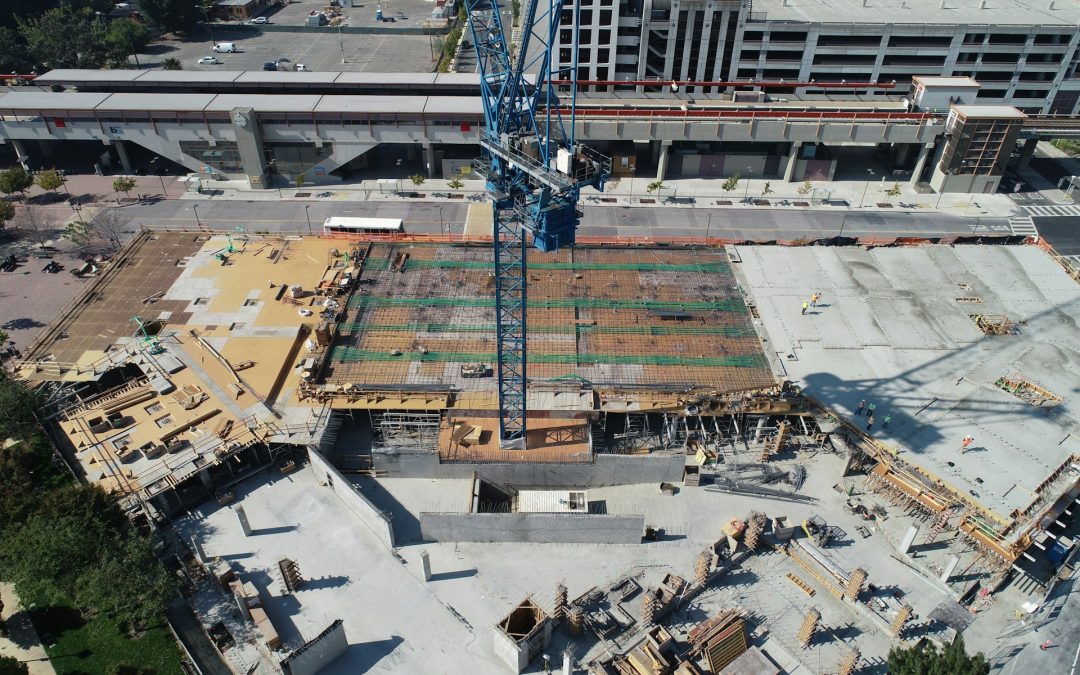Your commercial property’s foundation is crucial for the building’s overall safety and stability. Even minor issues can escalate into significant problems that impact the structure and safety of your business. Regular foundation inspections can help catch these issues early, saving you time, hassle, and money in the long run.
Ignoring warning signs of foundation problems can lead to more drastic and expensive repairs. Cracks in the walls, doors that won’t close properly, and uneven floors are just a few of the symptoms that can indicate foundation issues. Recognizing these signs early allows you to address the problems before they become severe and potentially hazardous.
In this article, we’ll focus on the importance of regular foundation inspections for commercial properties. By understanding what to look for and how often to schedule inspections, you can ensure that your building remains safe and secure. We’ll also cover the necessary steps to take if an inspection reveals any issues, helping you navigate through the repair process smoothly. No business owner wants to deal with unexpected structural problems, and staying proactive with foundation inspections is key to avoiding these surprises.
The Importance of Regular Foundation Inspections for Commercial Properties
Regular foundation inspections are essential for the safety and well-being of any commercial building. By regularly checking the foundation, we can ensure that the structure remains solid and stable. This keeps both employees and customers safe. Neglecting foundation inspections can lead to serious issues like structural damage, which can be costly to fix and may even risk the building’s integrity.
Foundation inspections help in identifying potential problems early. Minor cracks or shifts in the foundation can quickly escalate into more significant issues if not addressed promptly. With regular inspections, we can spot these concerns before they worsen. This proactive approach saves money and time, as fixing minor issues is usually less expensive and disruptive than major repairs. It also ensures that the building remains a safe place for everyone who uses it.
Top Warning Signs Your Commercial Building’s Foundation May Be at Risk
Recognizing the signs of foundation problems early can save a lot of trouble down the line. Some warning signs are easy to spot and indicate that your commercial building may be at risk. Cracks in the walls, especially near the windows or doors, are a common sign of foundation issues. These cracks can appear as small hairline fractures or more significant gaps that can widen over time.
Another warning sign is doors and windows that won’t open or close properly. This can happen when the foundation begins to shift, causing the frames to become misaligned. Uneven floors are also a red flag. If you notice that the floors in your building are sagging or have a slope, it’s time to check the foundation. Water pooling around the base of your building can also indicate drainage issues that may affect the foundation’s stability. By keeping an eye out for these signs, you can take action before the problems become more severe.
How Often Should You Schedule Foundation Checks?
Scheduling regular foundation inspections is key to maintaining the structural integrity of your commercial building. But how often should you do it? As a general rule, it’s recommended to schedule a professional inspection at least once a year. Seasonal changes, such as those from wet to dry periods, can significantly impact your foundation. Annual checks can catch these seasonal variances and address issues before they become critical.
However, the age and condition of your building also play a role. Older buildings may require more frequent inspections—perhaps every six months. If your property has a history of foundation issues, closer monitoring is advisable. Always keep an eye out for warning signs like cracks or uneven floors between professional inspections. Regular checks ensure that any signs of trouble are caught early, saving you from more extensive and costly repairs later on.
Steps to Take if Your Foundation Inspection Reveals Issues
If a foundation inspection reveals problems, acting quickly is crucial. The first step is to get a detailed report from the inspector outlining the specific issues. This will help you understand the severity of the situation. Next, consult with a foundation repair expert to discuss potential solutions. They can offer professional advice on the best course of action to resolve the problems identified.
After deciding on a repair strategy, get written estimates from at least three different foundation repair companies. Compare these estimates not just on cost, but also on the quality of materials and methods they propose. Make sure to ask about warranties and guarantees. Once you choose a service, schedule the repairs as soon as possible to avoid further damage. Addressing foundation issues promptly can prevent them from escalating into bigger, more expensive problems.
Conclusion
Maintaining the foundation of your commercial property is crucial for ensuring the safety and longevity of the building. Regular inspections help catch problems early, saving you time, hassle, and money. By understanding the importance of these inspections and recognizing the warning signs of foundation issues, you can take proactive steps to maintain your property. Equally important is how often you schedule these checks and the steps you take if issues are found.
Don’t wait for minor problems to escalate into costly repairs. Schedule regular foundation inspections to keep your building in top shape. At Lift-Texas Construction, we specialize in identifying and resolving foundation problems efficiently. For expert advice and reliable Arlington foundation repair, contact us today to ensure your property’s foundation remains strong and secure.

